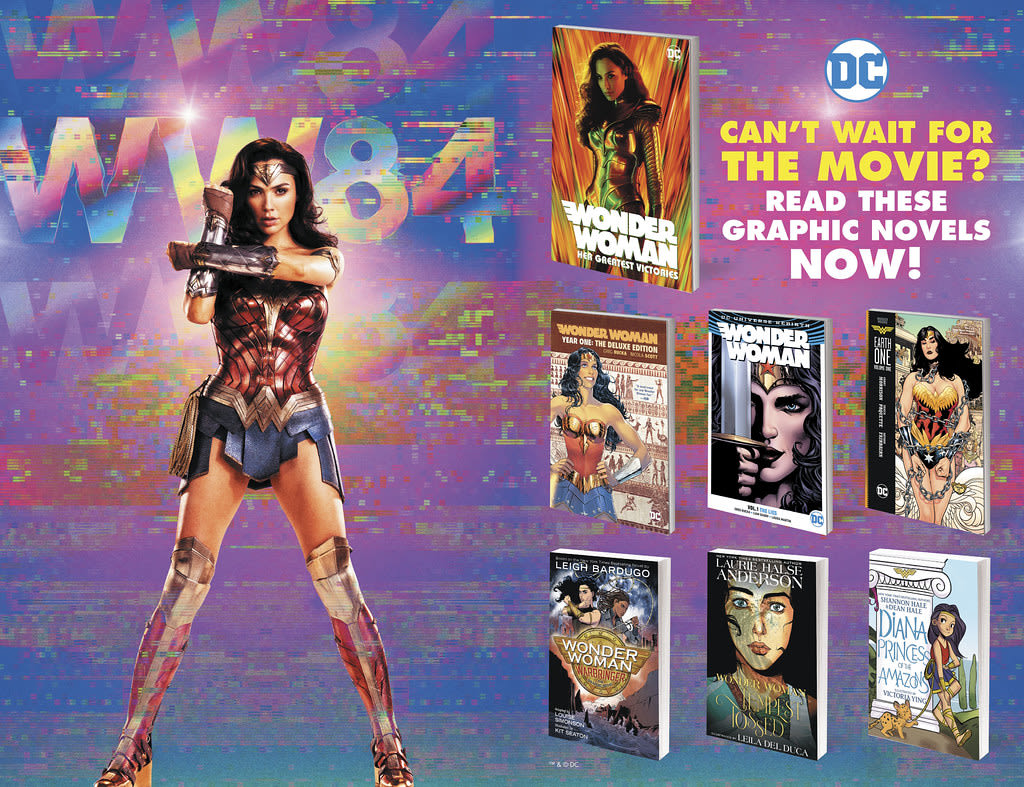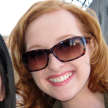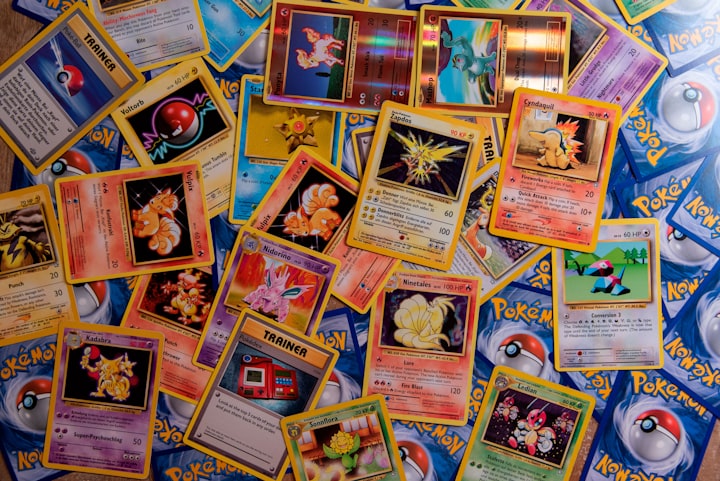From Each According to His Ability: Wonder Woman 1984 Review
Movie review Wonder Woman

Review of a best movie Wonder Woman 1984
Nearly 70 years after the events of the first Wonder Woman, Diana ( Gal Gadot ) is still mourning the death of her beloved pilot Steve Trevor ( Chris Pine ). In 1984, she continues to fight small and large criminals, and during the day she works in a research center. There, Diana meets Barbara Minerva ( Kristen Wiig ), a reclusive scientist who is given a strange stone for analysis by the FBI. It looks like a cheap citrine, if not for one “but”: a mysterious inscription in Latin, promising the fulfillment of one desire for everyone who touches it. Not really believing in this, Diana and Barbara still make wishes at will - and they are unexpectedly fulfilled. Barbara becomes "the same as Diana", that is, she receives superpowers, and Steve returns to Wonder Woman.
The same stone is being sought by Maxwell Lord ( Pedro Pascal ), a charismatic but unsuccessful businessman who, with the last of his strength, keeps an oil production enterprise afloat. Having reached the citrine, he decides to become a stone himself and begins a world tour to fulfill the desires of the powerful. True, for every desire he takes something in return and soon becomes the most powerful person in the world, simultaneously (and unconsciously) plunging this very world into complete chaos.
It's funny to see how the DC Universe - which was initially positioned as such a "dark answer to Marvel" - by the beginning of the new decade, has dramatically changed the direction of development. What “ Aquaman ”, what “ Shazam ”, now the new “Wonder Woman” are trying to surprise not with gloomy faces and neo-noir tones, but, on the contrary, with naive fun in the spirit of adventure films of the 80s. The work of Patty Jenkins in this sense goes even further and literally transfers the action to these very eighties - to hit all the audience's receptors with a zeitgeist at once.
The plot here is also assembled from the patterns characteristic of the era: there is a comical loser (Cheetah), who is destined to finally believe in herself, a story about a hitman and another interpretation of the idea of a “monkey's paw” - an artifact that grants wishes, but at a very high price. There are, of course, differences: that very loser will turn out to be not a heroine, but a secondary villain, and the main bastard Maxwell Lord is not at all a typical movie capitalist tycoon, as it might seem initially. And another confused loser who wants his son to be proud of him, and goes to rather dubious measures for this.
Individually, these departures from the mold are curious: Wonder Woman 1984 sort of flips the pop culture myth of the underdog who achieves everything because he deserves it. Here, the desire of the losers to “be first” is interpreted as destructive, and the heroine opposes them, on the contrary, privileged due to strength from birth. That is, the “American dream” is being replaced by almost the communist slogan “from each according to his ability, to each according to his needs”: they say, if you were born a boring gemologist, then live with it, you don’t have to jump above your head, it’s more expensive for yourself.
Interesting ideas in "Wonder Woman 1984
The problem is that such interesting ideas in "Wonder Woman 1984" have to be looked for with a magnifying glass - the film wants to tell too much, throws scenes and entire storylines into the mix instead of focusing on one thing. In this, it is a bit reminiscent of Sam Raimi 's Spider-Man 3 - several villains were also shoved there at once with their individual dramas. And at the same time, it was also necessary to talk about the emotional experiences of Peter Parker himself, and insert the action somewhere, in general, like Caesar, do hundreds of things at once.
As a result, under the weight of ambition, even the great Raimi caved in – let alone Patty Jenkins, who had hardly worked with big narratives before.
Neither the meeting line (and the inevitable re-parting) of Diana and Steve, nor the formation of the Cheetah, nor the throwing of Maxwell Lord on the screen corny enough time: the film exists entirely in half measures, simplifications, exaggerations.
At the same time, it goes on for a gigantic two and a half hours, and there are exactly three action scenes in it (and all of them are clumsy as one). Jenkins gets confused about priorities and, just like the old adage, he chases all the hares at once - with a completely logical result.
The ending suffers most of all because of this - an anti-cathartic notation about the dangers of a freebie and that everything needs to be achieved on its own. Moreover, it was re-shot here at the request of the studio, and now in Wonder Woman 1984 it is impossible not to count the cold calculation of the producers, who, against the backdrop of sad world events, decided to give the viewer a “kind” and conciliatory finale.
In which the whole world will surely unite in a common impulse of altruism. Where even the main villain will understand that being bad is bad, and will return to his son, because he loves him even as a loser. All this, of course, is cool, but not when it comes from a company that almost single-handedly killed the film distribution because of the fear of losing money. And where is your vaunted sacrifice?
About the Creator
Sarfraz Hussain
I am a professional journalist and I work as a writer and reporter in a national newspaper. The purpose of my life is to help people. Useful Tips on Health Care to Improve the Lives of an Ordinary Man.






Comments
There are no comments for this story
Be the first to respond and start the conversation.